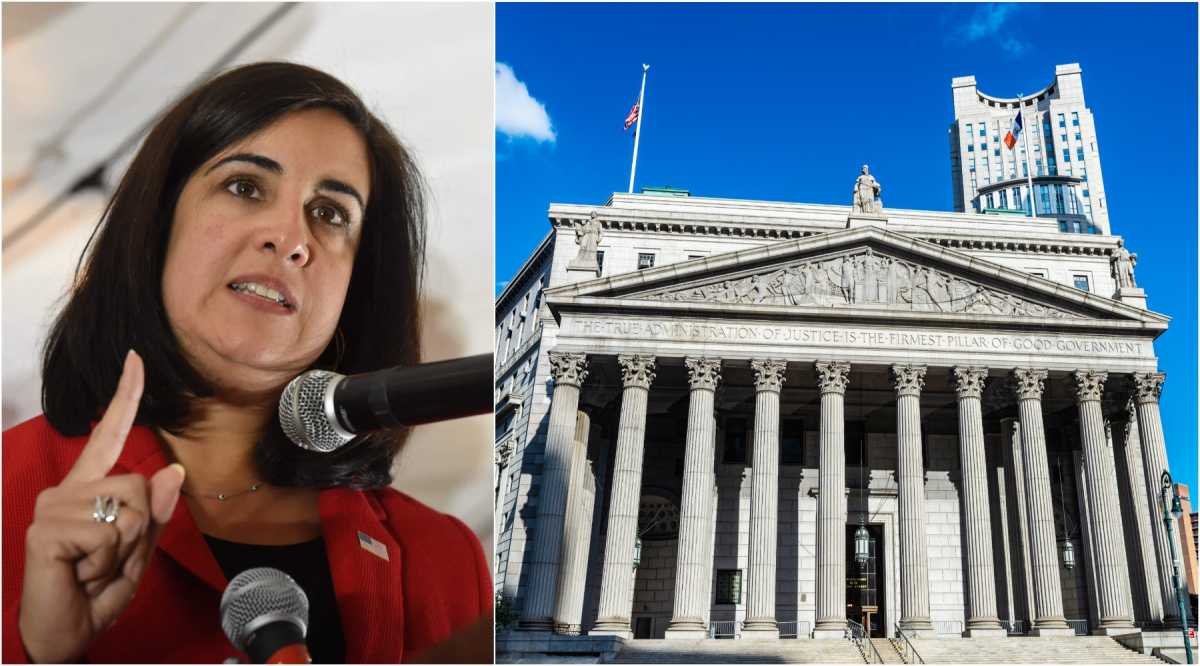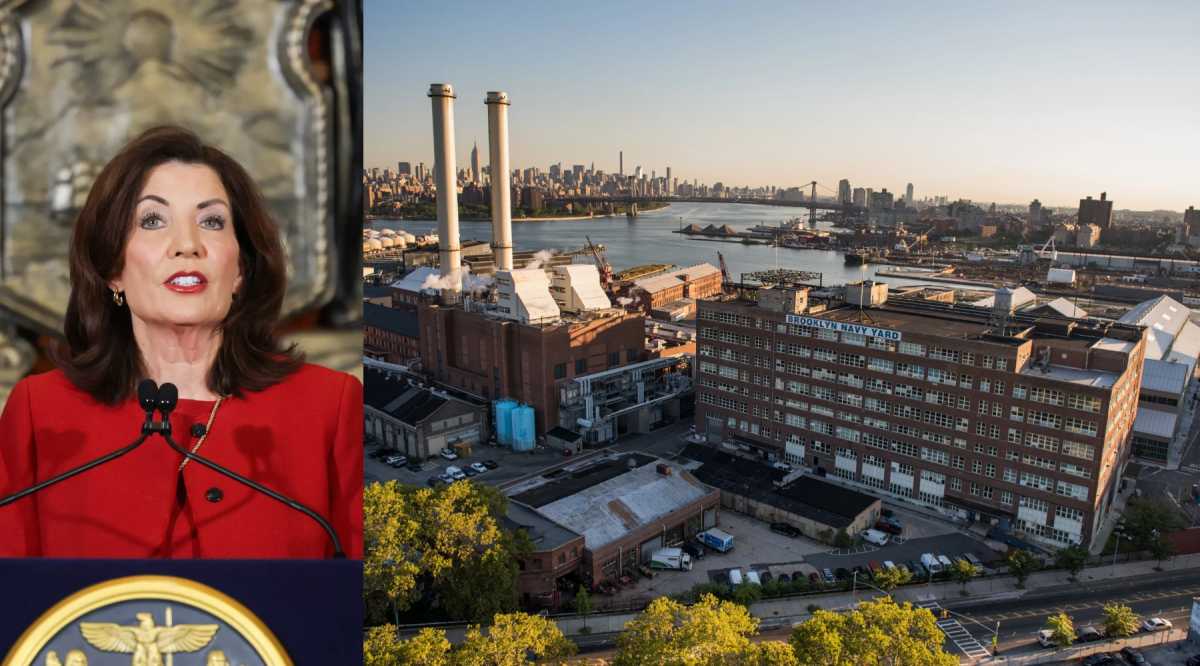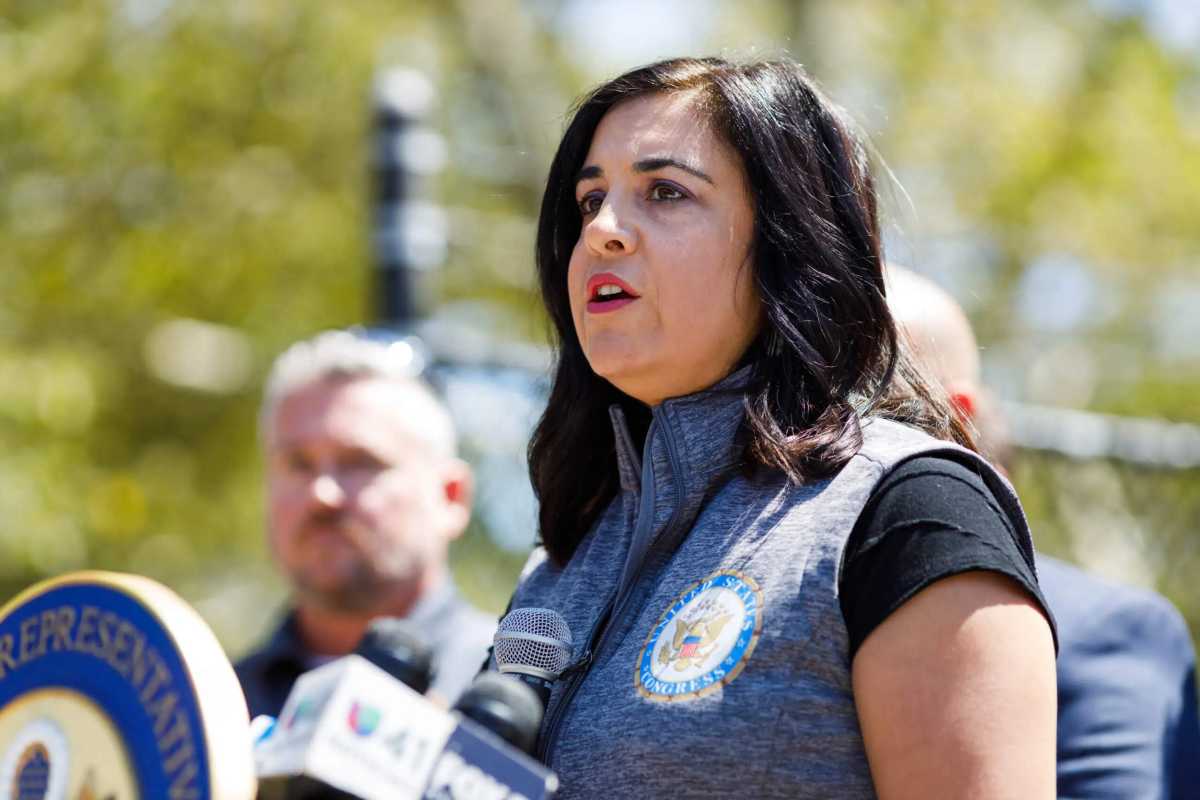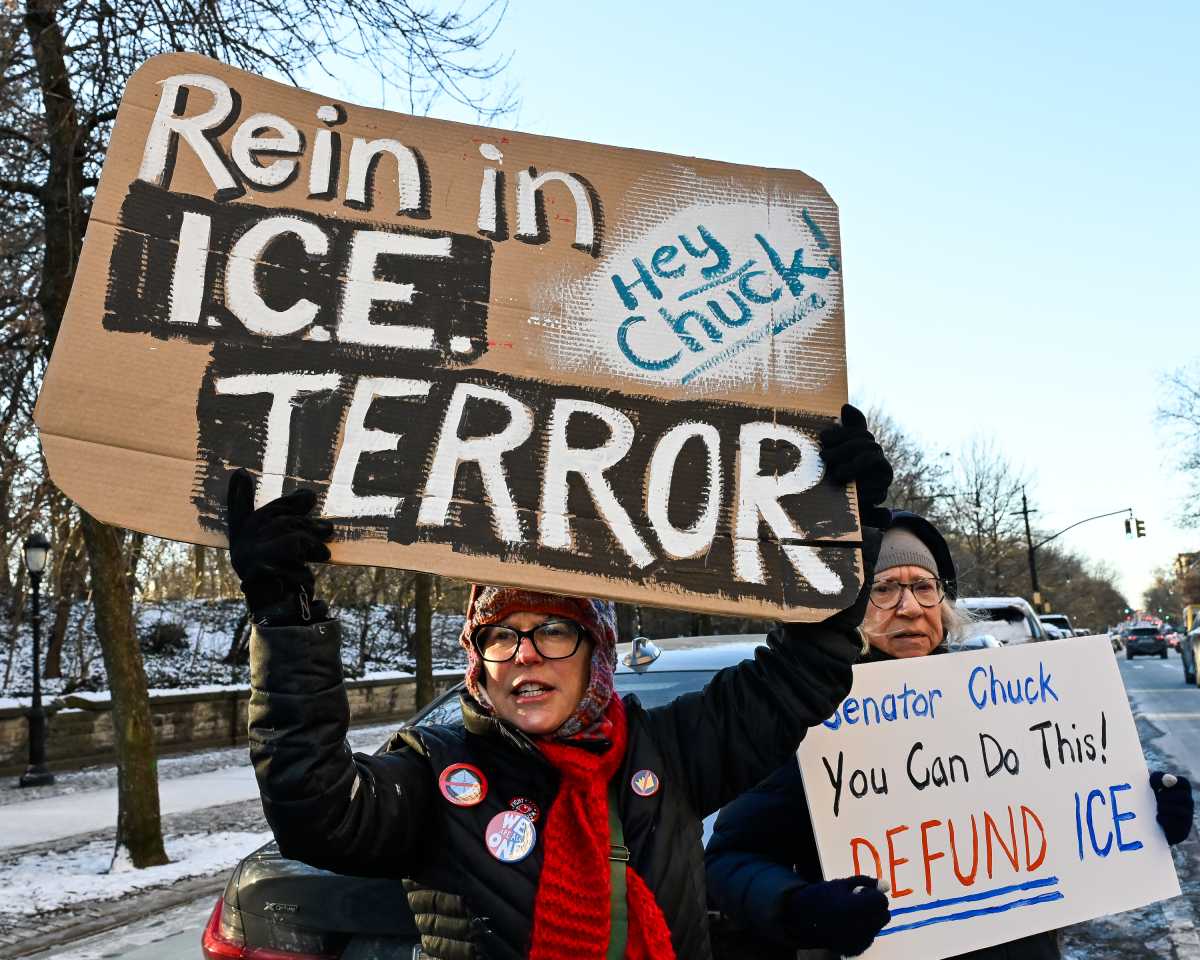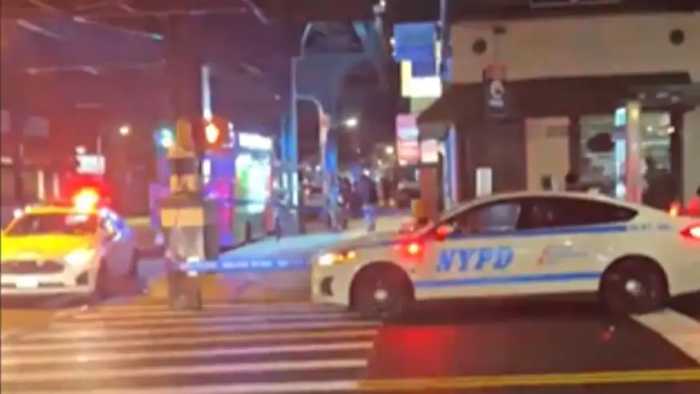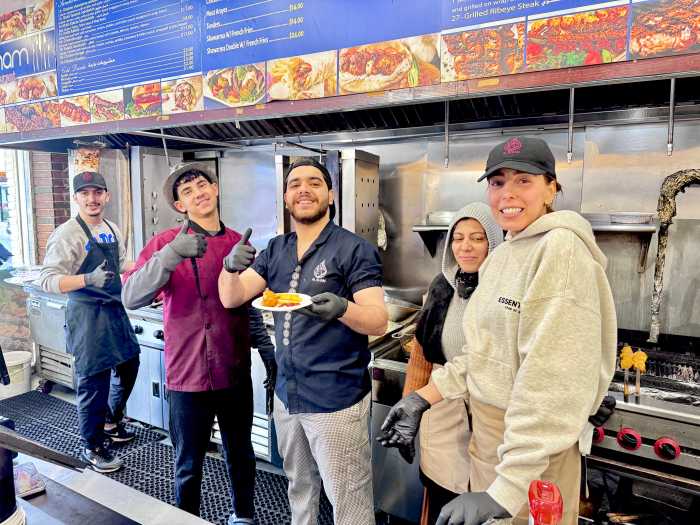Mayor Bill de Blasio this week tabbed the neighborhood of Gowanus – nestled between Park Slope and Carroll Gardens – to house one of the four citywide sites where heroin and opioid addicts can safely inject their drugs.
Dubbed Overdose Prevention Centers (OPC), the one-year pilot program is part of a contentious strategy to combat the epidemic of fatal heroin and other opioid overdoses.
Among the center’s features is the allowance for illegal drug users to test the strength and purity of their drugs, inject the drugs under supervision and have access to overdose prevention medications such as naloxone. Social workers will also be on site to provide counseling and enroll users in programs to curb their addiction.

The initiative comes after 1,441 people died from drug overdoses in New York City in 2017, up from 1,347 deaths in 2016. In data for the first nine months of 2017, Brooklyn had the greatest number of overdose deaths with 260. A good number of the overdose deaths were due to fentanyl, a powerful opioid sold as both a prescription drug, and an illegally manufactured drug sometimes mixed with heroin as a deadly street drug.
“The opioid epidemic has killed more people in our city than car crashes and homicides combined,” said de Blasio. “After a rigorous review of similar efforts across the world, and after careful consideration of public health and safety expert views, we believe overdose prevention centers will save lives and get more New Yorkers into the treatment they need to beat this deadly addiction.”
New York City harm reduction advocates such as Research for a Safer New York recommended the site, and can operate a OPC without City funding.
There are some conditions for the site including:
- Requirements to Proceed: Authorization from the New York State Department of Health, approval from the local district attorney to help protect clients and operators, and support of the local city council member who is responsible for land use in their district.
- Community Advisory Board: After these conditions are met, the City will facilitate a 6-12 month community advisory board with members from the city Department of Health & Mental Hygiene, the police department, local elected officials, neighborhood leaders, local businesses and OPC operators. The goal of these advisory boards is to develop ground rules between the organization, DA, NYPD and local community about operating OPCs.



De Blasio has already received support from Brooklyn District Attorney Eric Gonzales and two of the elected officials that represent the area where the site is expected to be located – City Council Member Stephen Levin (D-Northern Brooklyn, Gowanus) and Assemblymember Jo Anne Simon (D-Gowanus, Carroll Gardens Cobble Hill).
“We are in the midst of an overdose crisis and cannot sit by and let people die when there are proven interventions that can save lives and help people get into treatment,” said Gonzalez. “I intend to work with the NYPD, local officials and members of the community to make sure that any facility opened in Brooklyn would be safely integrated into the community and would connect substance users to treatment and other health and social programs.”
Levin, chair of the General Welfare Committee, welcomed the sites as a way to prevent more deaths.
“This step demonstrates a serious commitment to preserving lives and leading individuals towards the path to recovery,” said Levin. “Big challenges require bold solutions, and these centers will be an important tool to prevent overdose deaths in our city. It is our responsibility to meet the challenge head on — that’s why I have been a fierce proponent of these centers. I applaud Mayor de Blasio for ensuring New York City is a leader on this issue, and I look forward to working with the administration, advocates, and the community.”
Simon thought the site would be well suited for her district.
“The site anticipated for my district is at a well-established location serving the community in which I have total confidence,” said Simon. “I applaud Mayor de Blasio for stepping forward and piloting the establishment of overdose prevention sites. I believe that this approach will prove to be a major advance in reducing the opioid crisis.”
Other U.S. cities including San Francisco, Philadelphia, and Seattle have also announced plans to create such centers, but it is anticipated that New York City will run the first such sites in the nation.



